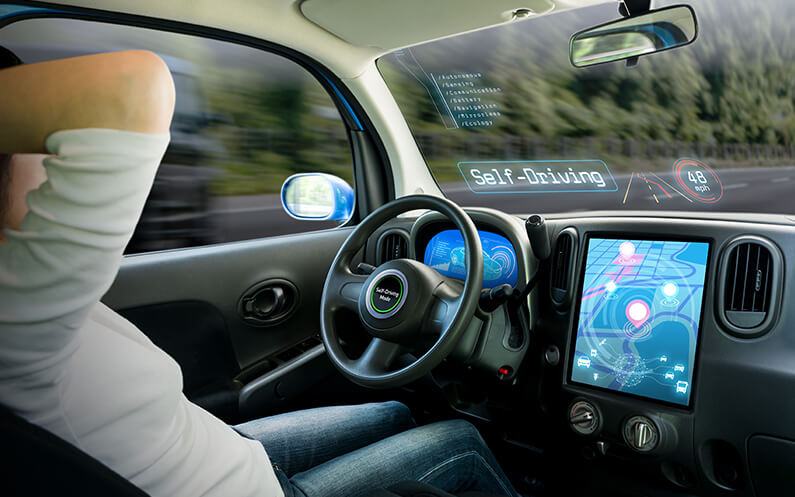
the staff of the Ridgewood blog
Ridgewood NJ, as self-driving technology advances, many people wonder: Can you get a DUI in a self-driving car? The answer is yes—at least for now, depending on the technology level and the laws in your state.
Recently a passed out and drunk Long Island teen went for a passed-out joyride in a Tesla, which he switched into autopilot mode on a busy Connecticut highway where he was busted by the police.
If you’re thinking about letting your Tesla drive you home after a few drinks, it’s important to understand the current rules. Even with sophisticated systems, today’s vehicles still require human oversight. Here’s everything you need to know about DUIs and self-driving cars in 2024.
What Exactly Is a “Self-Driving Car”?
Not all self-driving cars are the same. The National Highway Traffic Safety Administration (NHTSA) classifies vehicles by levels 0 through 5:
-
Levels 0-2: Minimal automation. Most cars today (like Tesla’s Autopilot) fall here. Drivers must stay alert and ready to intervene.
-
Level 3: The car can handle most driving tasks but still requires the driver to take over if needed. Only Mercedes-Benz offers Level 3 vehicles—and only in California and Nevada.
-
Level 4: Fully autonomous within limited areas (like Waymo taxis).
-
Level 5: Full autonomy anywhere, any conditions (not yet available for public purchase).
Right now, no consumer vehicle offers Level 4 or Level 5 capabilities. This means if you’re in a self-driving car today, you’re still considered the driver.
Can You Get a DUI in a Tesla or Other Level 2/3 Vehicles?
Short answer: Yes.
Although Tesla and other brands offer impressive self-driving features, the law still views drivers as being in “physical control” of the vehicle. If you’re intoxicated behind the wheel—even if the car is steering itself—you can be charged with a DUI.
In fact, most DUI laws only require proof that you were:
-
Driving, operating, or in physical control of a vehicle, and
-
Under the influence of alcohol or drugs.
Since Tesla’s Autopilot and similar technologies still need human monitoring, the law holds you accountable.
What About Automated Taxi Services Like Waymo?
Waymo, operating in select cities, uses Level 4 automation—meaning no human driver is necessary within designated service areas. However, there’s a legal gray area for passengers who are intoxicated.
-
If there’s a Waymo employee in the vehicle, you’re likely safe from DUI charges.
-
If there’s no human operator, it’s less clear. Some states could interpret programming the destination into a vehicle as “operating” the car.
Pro Tip: If you’re heavily intoxicated, it’s safest to choose a ride service with a human driver or make sure your local laws explicitly allow riding in an autonomous vehicle while under the influence.
How Will Self-Driving Cars Change DUI Laws?
Technology usually moves faster than legislation. As Level 4 and Level 5 vehicles become more common, states will need to revisit their DUI laws to address fully autonomous travel.
Until then, courts will continue applying existing DUI standards, which often focus on whether a person was in physical control or operating the vehicle—regardless of how much the vehicle drives itself.
Factors courts may consider:
-
Vehicle’s autonomy level
-
Presence of traditional controls (steering wheel, pedals)
-
Occupant’s location in the vehicle
For now, assume that being drunk in a self-driving car could still lead to a DUI charge.
Final Takeaway
While self-driving cars promise to make roads safer, current laws still require human drivers to be alert and sober. If you’re under the influence, don’t risk it—get a ride from a traditional taxi, rideshare, or sober friend.
Stay informed, stay safe—and when in doubt, don’t drive.
